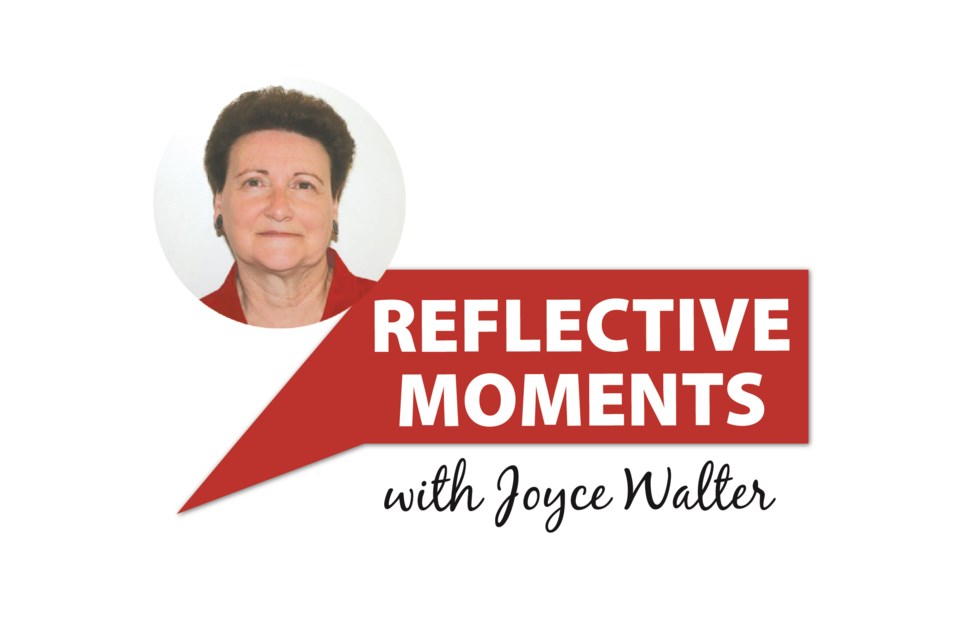Sometimes the thought processes of corporate leaders is just simply difficult to understand.
For such a company to produce a commercial that would have the potential to annoy a goodly number of until-then somewhat happy customers is beyond comprehension.
But that’s what the technology giant AT&T did with a television commercial that uses carnival rides to attempt to spread the message that “just OK is not OK.”
We were settled into our respective chairs in front of the television one evening several weeks ago. Usually the commercials don’t draw our undivided attention, mostly because we don’t need any of the drugs being prescribed for a variety of ailments, the latest fast food offering, not even the opportunity to erase wrinkle lines and make us look 20 years younger.
So during commercials we chat, head for a snack, check out the latest e-mail or in Housemate’s case, he browses his favourite sites on his cellphone.
On this particular evening, the commercial caught our attention because the background was of a carnival set up at a community fair, a topic near and dear to our hearts. My first impression was that of a promotion for an exhibition coming soon to a town within the viewing area.
Mom and son are sitting in a seat of an older-style ride. The attendant has trouble with the safety bar on the ride and is asked by the mother if the ride is safe. The dozy attendant replies that he set up the ride himself the night before and says he thinks he did an OK job. That comment sets off an alarm on the mother’s face and she responds, “just OK?”
The son then asks what happens if something goes wrong.
“We just move on to the next town,” the carnival worker replies.
The script transitions into the message from the technology giant that “just OK is not OK” to AT&T. Yikes.
I turned to Housemate in astonishment, that a company like AT&T would buy into the outdated belief that carnival rides are unsafe, operated by sketchy characters out to swindle the townsfolk before packing up in the dead of the night.
Decades ago that might have had some truth, but today’s carnivals are well-run enterprises whose rides must meet stringent standards and rigorous inspections before being allowed to operate. In fact, in most cases, rides are inspected each time they are set up.
Certainly, accidents have occurred but driving on a freeway puts one in more direct danger than enjoying a carnival ride. Because ride accidents are rare, more attention is paid to them than to a crash on the highway.
As we viewed the commercial again and again, we wondered how soon it would be until someone in the business would launch a protest against the message from AT&T. It didn’t take long before Greg Chiecko, president of the Outdoor Amusement Business Association spoke up on behalf of North American carnival operators, calling the ad “the worst stereotype of an industry.”
Fairs were also urged to dispense with AT&T services in protest, noting the message is incorrect that carnival owners are unconcerned with ride safety.
It is ironic that the commercial aired just as fair organizers are planning this year’s events, getting set to welcome carnivals that provide the rides that entertain patrons of community exhibitions.
In our many years of travelling from fair to fair to view various operations, only once did we see rides that might have been held together with binder twine. That midway was not part of any carnival association and soon lost considerable business.
Shame on AT&T for buying into an antiquated stereotype.
Joyce Walter can be reached at [email protected]




